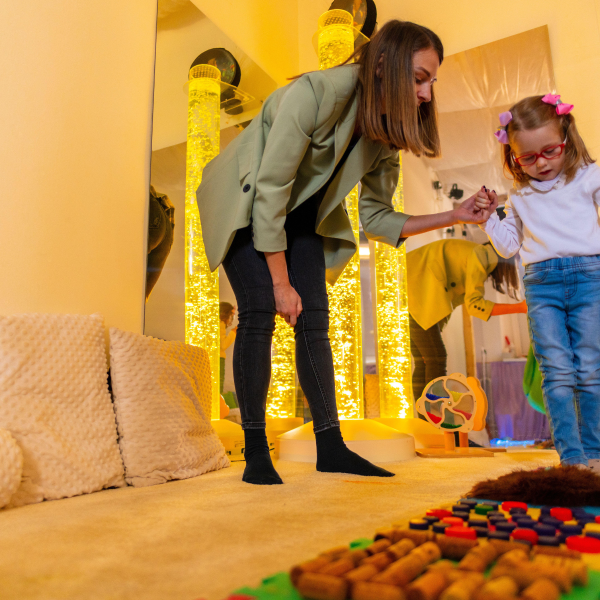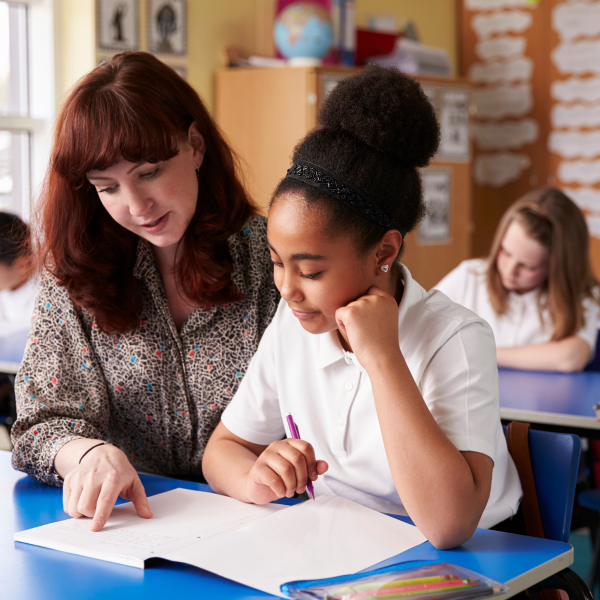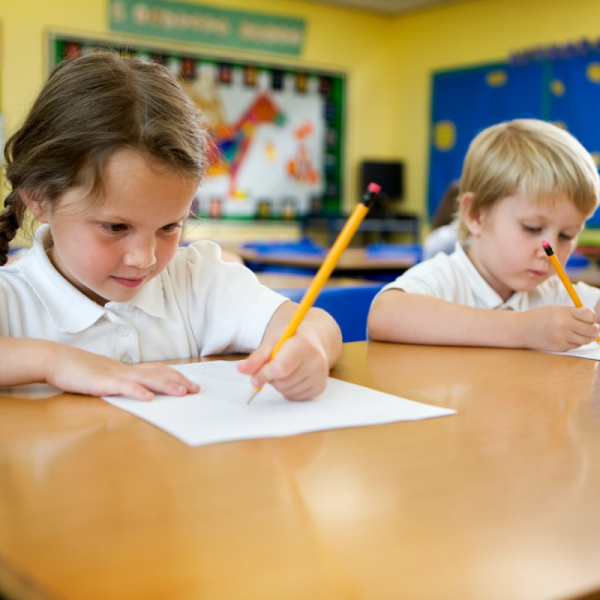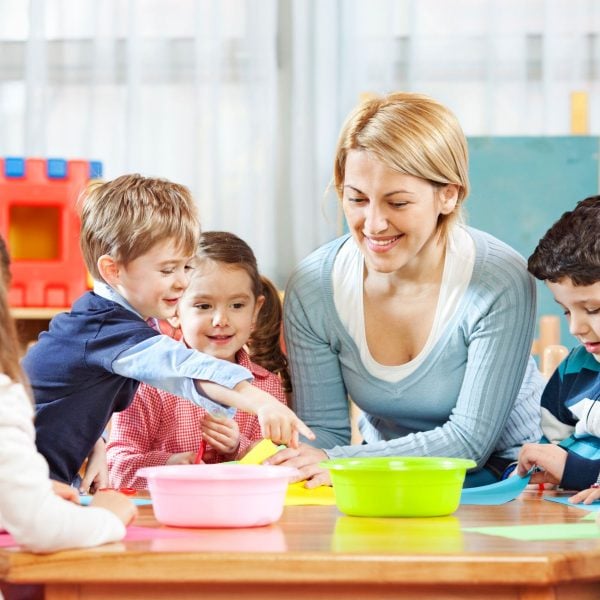
The Eight Sensory Systems
While most people are familiar with the five primary senses, there are actually three more "hidden senses" that impact children's learning. Learn about the eight sensory systems.

While most people are familiar with the five primary senses, there are actually three more "hidden senses" that impact children's learning. Learn about the eight sensory systems.

If you're exploring special provisions for your child, this guide will help you understand what support is available and how to access it in each state and territory across Australia.

Staying focused at the end of the school year can be a challenge. Try these five simple tips to help keep your children focused throughout the year.

Learn about the classroom adjustments you can make to give students with ADHD the best opportunity to learn.

By understanding your child's sensory needs and behaviours, you can avoid challenging situations and provide appropriate activities.

A practical guide to help you understand your child's school report and what to do with the information you receive.

Expressive language skills allow children to communicate their thoughts, feelings, ideas and needs with others.

Emotional co-regulation is an important stage in children's development where they learn to manage emotions through the support of an adult.

Learn about the importance of counting for building strong maths foundations.